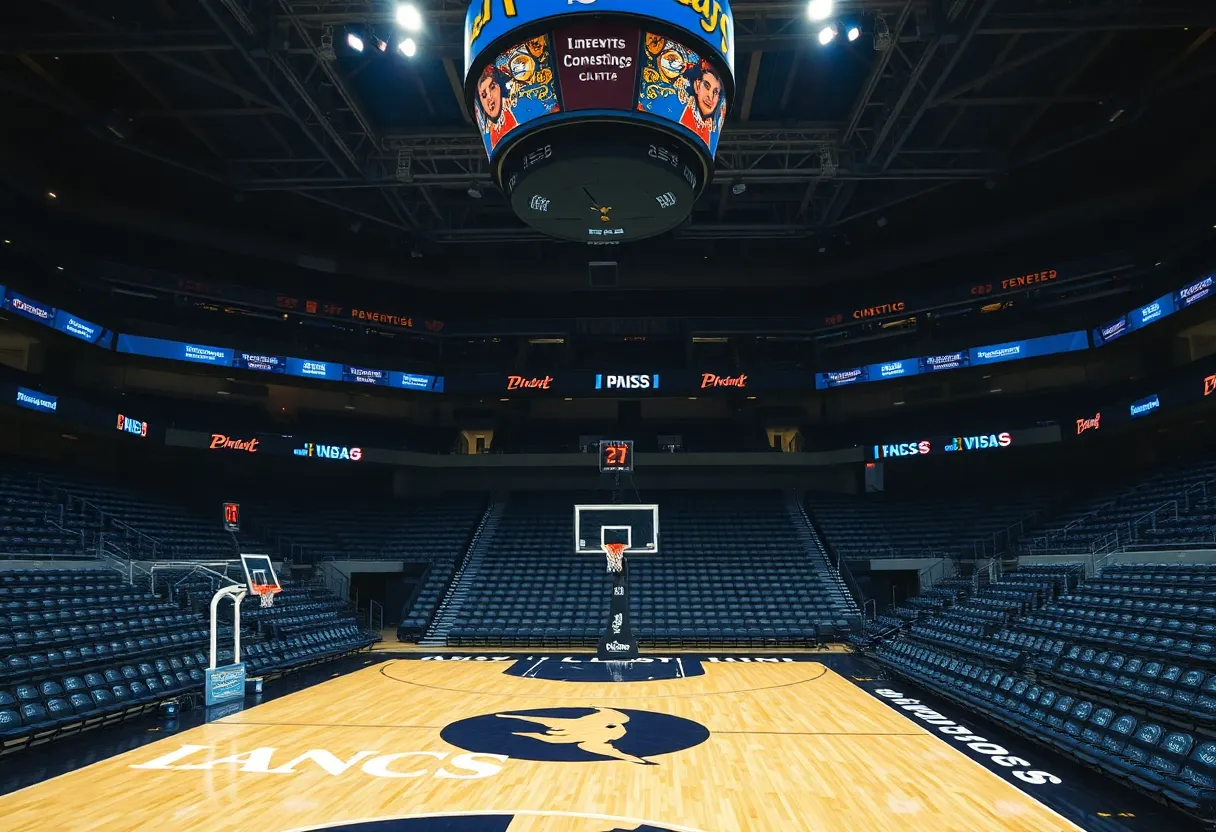Knoxville, Tennessee, Faces Rise in La Crosse Virus Cases
Knoxville, TN—Recent reports from the Knox County Health Department (KCHD) reveal a concerning uptick in the number of La Crosse virus cases, specifically among children. In the past nine weeks, six children have been hospitalized due to the mosquito-borne illness, a significant increase compared to previous years.
Understanding La Crosse Virus
The La Crosse virus is primarily spread through bites from infected mosquitoes that tend to be most active during the dawn and dusk hours. The virus is most severe in children under the age of 16, leading to serious health risks including hospitalization. According to KCHD, this surge marks the highest number of cases in Knox County since 2020.
Dr. Corinne Tandy, the division director of epidemiology at KCHD, emphasized the necessity of awareness regarding this virus. “The biggest thing we want to highlight is that this is an increase in risk,” she stated. “Even though most recover normally, it can send young kids to the hospital for several days.”
Regional Context
The Centers for Disease Control and Prevention (CDC) reports that La Crosse virus cases typically range between 30 to 90 annually. However, health officials believe this number may be an underestimate due to a lack of reporting for less severe cases. The virus generally appears from late spring through early fall, which aligns with peak mosquito activity.
Symptoms and Seeking Treatment
Not all individuals infected with La Crosse virus will show symptoms. In fact, many cases go unnoticed. However, for those who do exhibit symptoms, it can lead to severe outcomes such as brain inflammation. Dr. Tandy outlined key symptoms to look out for, including:
- Fever
- Headaches
- Extreme fatigue
- Confusion
- Seizures
Any child or individual experiencing these symptoms should seek medical care immediately.
Preventative Measures
To combat the increased mosquito population and the risk of contracting the La Crosse virus, KCHD recommends several elements of prevention:
- Use insect repellents: Make sure to apply effective mosquito repellents on exposed skin, especially during times when mosquitoes are most active.
- Wear protective clothing: Long-sleeve shirts and pants are crucial if you’re spending time in grassy areas.
- Cover strollers and baby carriers: Using mosquito netting can provide additional protection for young children.
- Manage standing water: Mosquitoes breed in stagnant water. It’s important to eliminate areas of standing water around your home, even small amounts can create breeding grounds.
- Install screens: Ensure that windows and doors are fitted with tight-fitting screens to keep mosquitoes out of your home.
Dr. Tandy pointed out that “mosquitoes love little tiny amounts of water.” She urged residents to act even on the smallest sources of standing water, like cups or plant pots, to hinder mosquito reproduction.
Encouraging Outdoor Activities Responsibly
Despite the warnings, Dr. Tandy encourages families to continue enjoying the outdoors. “This is not a don’t play in the yard kind of situation. This is just about being careful while you’re playing in the yard, particularly around dawn and dusk,” she said. “We still want people to be able to spend time outside.”
As we move deeper into the mosquito season, which likely extends for another month or so, following these tips can help ensure health and safety for families in Knoxville.
Author: STAFF HERE KNOXVILLE WRITER
The KNOXVILLE STAFF WRITER represents the experienced team at HEREKnoxville.com, your go-to source for actionable local news and information in Knoxville, Knox County, and beyond. Specializing in "news you can use," we cover essential topics like product reviews for personal and business needs, local business directories, politics, real estate trends, neighborhood insights, and state news affecting the area—with deep expertise drawn from years of dedicated reporting and strong community input, including local press releases and business updates. We deliver top reporting on high-value events such as Dogwood Arts Festival, Big Ears Festival, and Knoxville Asian Festival. Our coverage extends to key organizations like the Knoxville Area Chamber Partnership and United Way of Greater Knoxville, plus leading businesses in healthcare, education, and energy that power the local economy such as Covenant Health, University of Tennessee, and Tennessee Valley Authority. As part of the broader HERE network, including HEREBristol.com, HEREChattanooga.com, HEREMemphis.com, and HERENashville.com, we provide comprehensive, credible insights into Tennessee's dynamic landscape.






